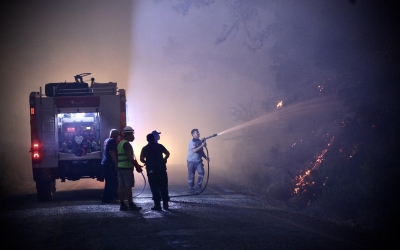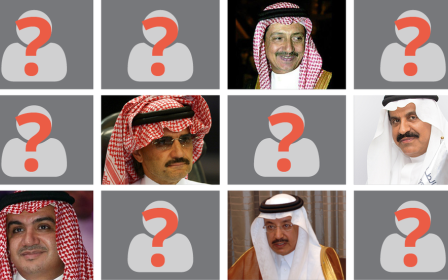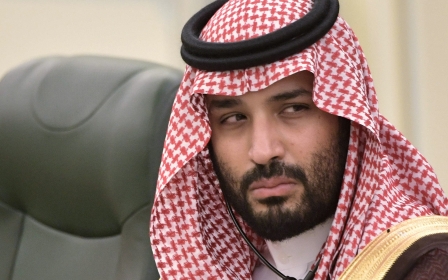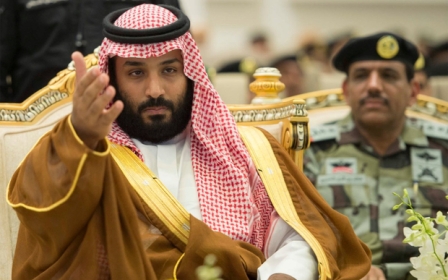Saudi Arabia: New anti-corruption purge targets 200 government employees
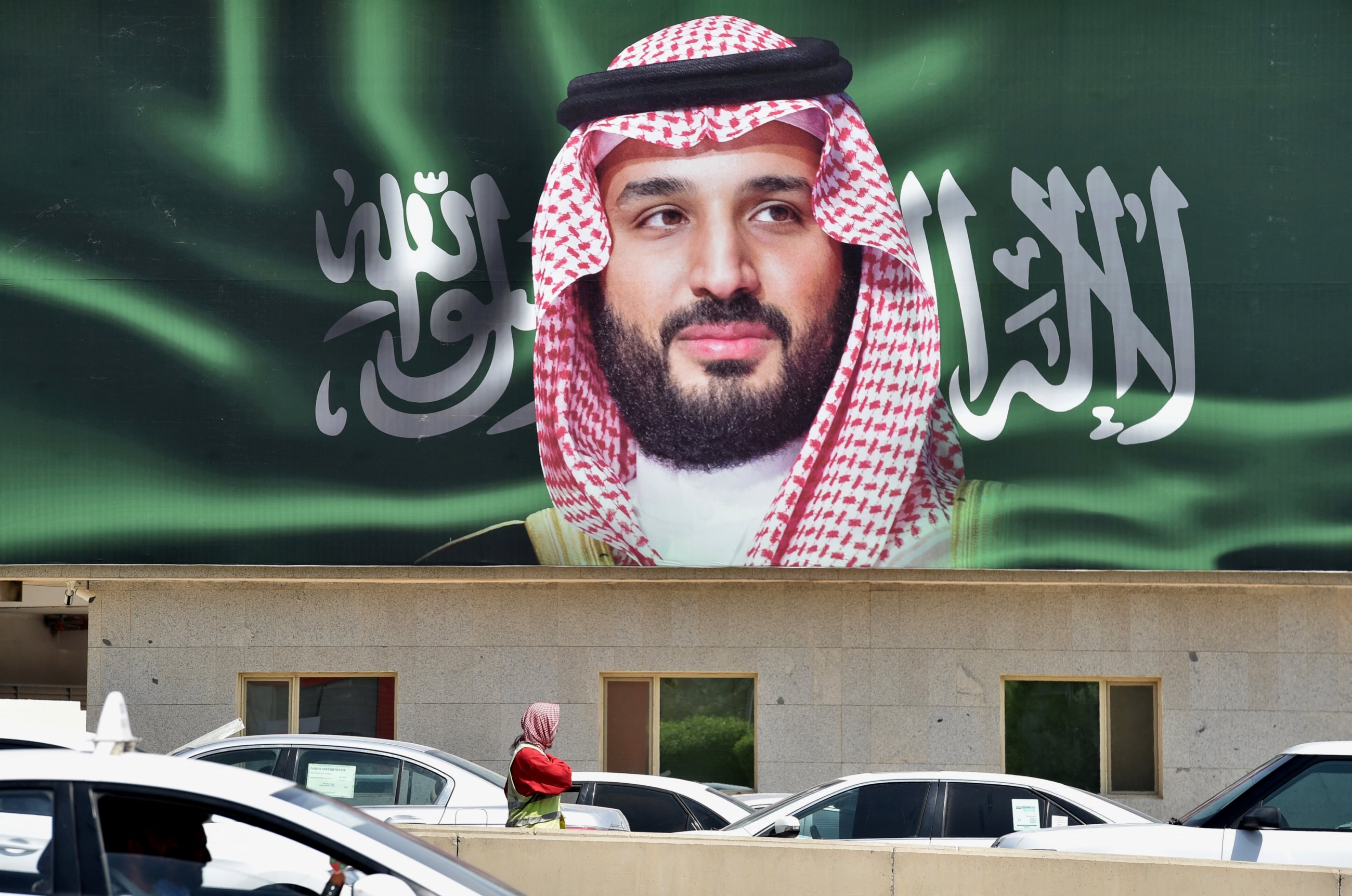
Saudi Arabia’s anti-corruption authority has arrested over 200 people, including government employees, on suspicion of bribery and corruption, according to a statement released late on Monday.
The kingdom’s Oversight and Anti-Corruption Authority, or Nazaha, announced that it had investigated 461 individuals accused in criminal and administrative cases, and had arrested 207 citizens, including government employees from the defence, interior, health, education and justice ministries.
It is not clear when the arrests were made. According to Nazaha, the unnamed people detained are suspected of involvement in bribery, abuse of office, abuse of power and forgery.
“Legal proceedings are currently being completed against the detainees in preparation for their referral to court,” read the statement.
This latest anti-corruption purge follows Nazaha's announcement in April that 176 people had been arrested on suspicion of bribery and corruption. The detainees included employees of the finance and defence ministries, the National Guard, Saudi customs and the Saudi Red Crescent Authority.
New MEE newsletter: Jerusalem Dispatch
Sign up to get the latest insights and analysis on Israel-Palestine, alongside Turkey Unpacked and other MEE newsletters
In November 2017, Mohammed bin Salman’s officials targeted 300 princes, public figures and businessmen, arresting them and holding them incommunicado at the Ritz-Carlton hotel in Riyadh for weeks. Among those detained were many figures from the Saudi ruling elite, including the crown prince’s political rivals. MEE found evidence of beating, torture and abuse among those held at the Ritz-Carlton.
The crown prince justified his 2017 purge as an anti-corruption move to rid Saudi Arabia of endemic graft. The purge enabled him to consolidate power, retrieve billions in assets and respond to public complaints about widespread governmental corruption and abuse of power.
Middle East Eye delivers independent and unrivalled coverage and analysis of the Middle East, North Africa and beyond. To learn more about republishing this content and the associated fees, please fill out this form. More about MEE can be found here.


